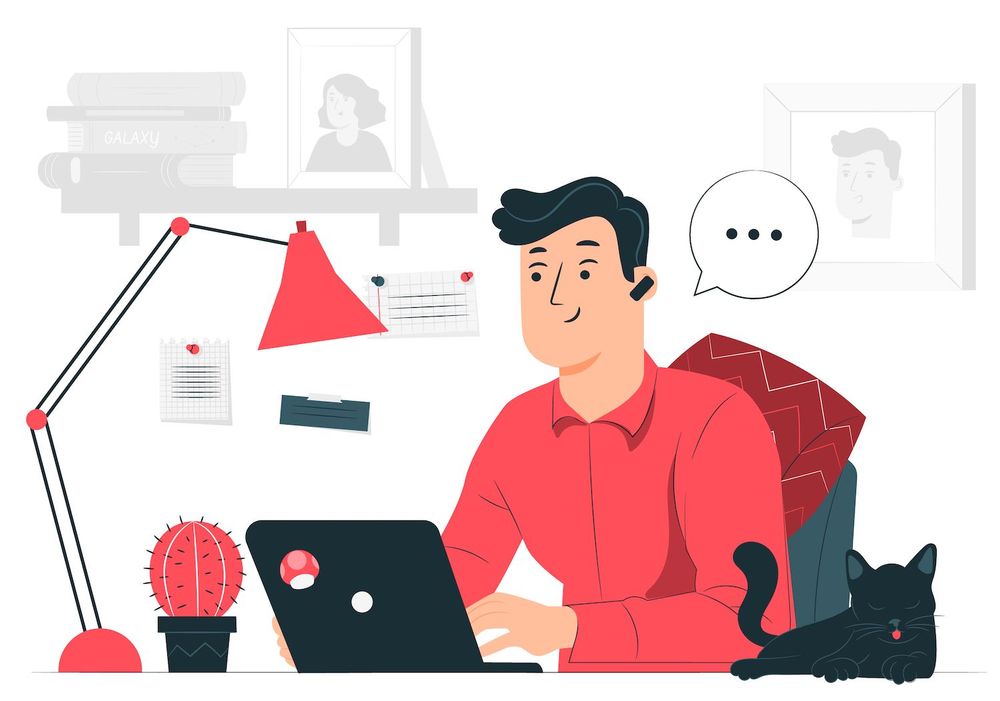The creative director's process to create the most memorable marketing content
Based on Alex Wilson, Executive Creative Director at Amplify The process of creating marketing-related content is exactly the same that creating other types of content. The goal is to get (and keeping) the attention of viewers. "You are able to inform people through the lens of entertainment," Alex says. Alex. "I think that people aren't disinclined to be advertised or targeted for when they enjoy the product."
Amplify is a multi-award winning creative agency with a focus in the field of experiential marketing. They develop large-scale, multi-faceted events and experiences for large corporations, like Playstation, Netflix, Levi's as well as many more. "We have the ability to introduce innovation to every aspect of media," Alex says. Alex. "Historically we've been described as a more brand agency focused on experiences however, content has always been the primary focus of everything we did."
We had the privilege of having a chat with Alex to learn more about how he comes up with ideas as well as his views on the current marketing environment. Check out the things he mentioned in our conversation and watch the interview video below.
What's your North Star when it comes to creating videos?
"Our mission is to inform as well as entertain. This is one of the main advantages that video media offers. You can do that with a captive viewership. When someone is brought at us and wishes to make use of the technology in order to accomplish something, we think of this to be an event that is a singular scene that is an element in a bigger piece of telling stories."
What can you do to ensure that your work is top-quality? What can you do to keep in the right direction?
"Audience, always. Who we're talking to is important. Does your communication with them in the ways they'd prefer to be talked by, and in the way they'd like to be spoken to? Start by talking to the people in front of you and then consider how you can best speak to them, before bringing their expertise to them. Make sure that you don't interfere with their experience however, you should enhance it."
What kinds of information will be suitable for this particular client?
"Whether you're searching for an immersive TV show to get the most passionate viewer for a new television show on Netflix and whether or not the focus is on creating a mobile-centric environment and challenging the conventional notion of what retail environments can be, or to showcase brand new shoes or the most innovative game. The work we do starts with audience and ultimately how to make it happen in a myriad of platforms.
We do not want to be working towards the same output. The briefs we receive from our clients often arrive with this problem, but it's the reason that this cooperation, compromise and co-creation comes from. We will help you find optimal solutions even if the result isn't always as they thought it would be."
How can you assess the effectiveness of your work?
"For us we are concerned with "Did we present the tale authentically to the audience we intended it to be presented to? This is the sole aspect we must consider. We are often working with cultures and subcultures. We have a fantastic department in our organization that studies the culture of the area. Our agency has always, and will continue to be always in sync with the cultural norms.
We aim to cooperate with people rather than broadcast directly to the audience directly. Instead, we invite viewers to work together and assist us in creating the content and experience together so that it is enjoyable for both them and the viewers. There isn't a clear definition of what success can mean however in the event that we've developed our content that has been well-liked by viewers, it's an enormous achievement for us."
What's your favorite advice you've received?
"My chief creative director, Jeavon Smith, once said to me "Ignore any background sounds.' I'm of the opinion that not focusing on background noise could prove helpful in different situations. It helps the mind be focused on the task you're aiming for and the services your coworkers are providing and also to collaborate with each other because there's an awful lot of background noise."
How do you use ?
"Lots of staff members from the studio and the agency use it in a variety of methods. The power of inspiration is one of them. Finding new talent can be an excellent opportunity for us in this regard. As for internal application We look at the work that we have done at the most as a sample of work that we've done. If we require an the source of what we have done in this report or record this in some manner that allows us to come back and look up the project."
This post was first seen on this site
Article was posted on here
